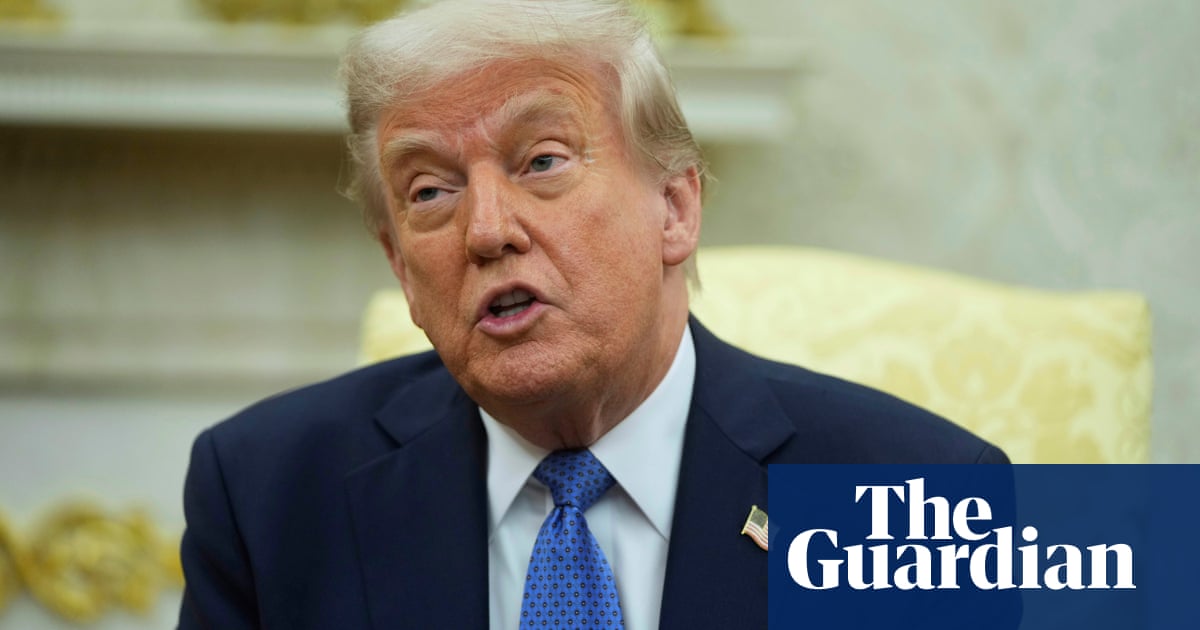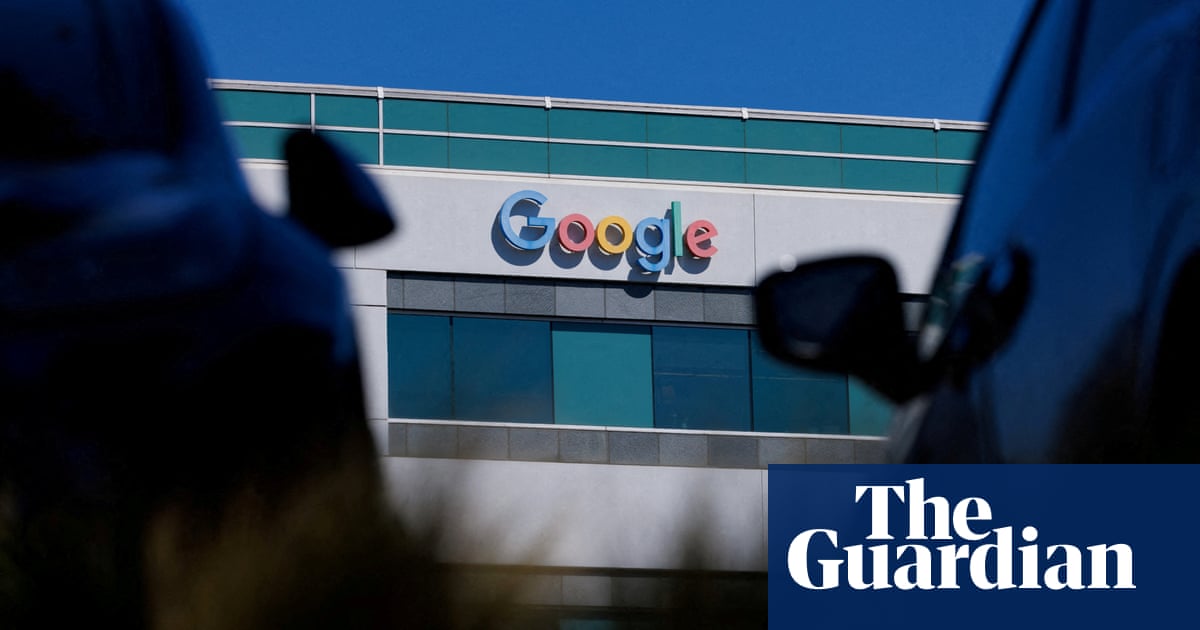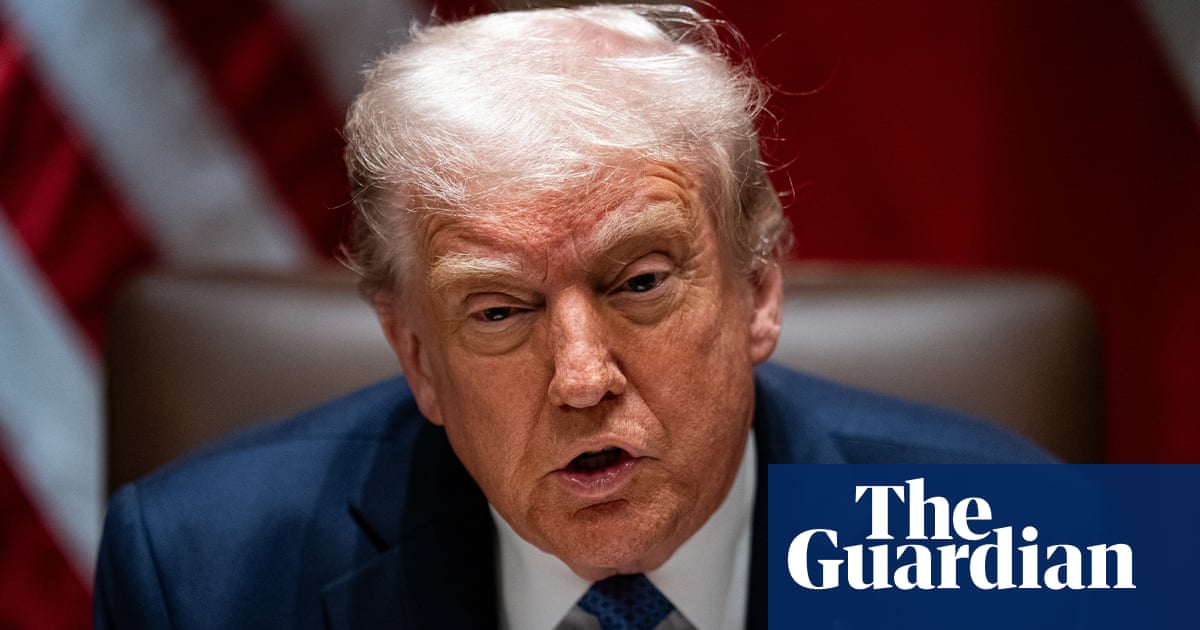The Bank of England’s governor, Andrew Bailey, has said the UK economy faces a “growth shock” as a result of Donald Trump’s trade policies.
Speaking on the sidelines of the International Monetary Fund (IMF) meetings in Washington, Bailey said that while he did not think the UK was close to recession at the moment, “we are certainly quite focused on the growth shock”.
The IMF earlier this week downgraded its 2025 growth forecastfor the UK to 1.1%, from the 1.6% it had been expecting as recently as January before the tariffs were announced.
Britain’s economy has struggled for momentum since Labour’s general election victory last July, with national output coming close to stagnation in the second half of last year amid weakness in consumer confidence.
The IMF downgrade followed similar deep negative revisions by the Bank and the government’s independent forecaster, the Office for Budget Responsibility. However, recent figures showed the economy recovered at a faster rate than expected in February.
While Labour has made rebooting economic growth its number one mission for government, experts say Trump’s increasingly erratic trade wars could torpedo the world economy, including sapping growth in Britain.
Rachel Reeves, the chancellor, is expected to discuss the prospects for a US-UK trade agreement when she meets the US Treasury secretary, Scott Bessent, this week but she said on Wednesday that the UK was “not going to rush” into a deal.
Britain is hoping to persuade Trump to relent on a 25% tariff on UK car imports to the US, which British manufacturers have warned could lead to imminent job losses if it is not lifted.
It is unclear whether Washington is prepared to discuss exemptions from the 10% base tariff it has imposed on all countries, including the UK.
Reeves signalled she would be prepared to cut tariffs on imports of some US products if it helped to seal an agreement, but she has insisted food standards and other regulations are not up for negotiation.
The UK has already offered other concessions, including reducing the £1bn digital services tax, which hits US tech firms.
Bailey, speaking to CNBC television, said he would be “very encouraged if the UK does make a deal” but stressed that as an open economy, the UK would still be hit as global growth slows down.
He said the Bank’s policymakers would have to weigh the risks to growth against an expectation of rapidly rising inflation. “We’ve got to balance those two. But I think the trade issue is the new part of that story,” he said.
Speaking at an IMF panel event, Reeves said she shared some of the White House’s concerns about persistent trade deficits in the global economy, and accepted that Trump had a mandate to change things.
“There’s been a feeling in my country, and in America and in many other developed countries, that the system we have today delivers for some but not for all, and jobs have been hollowed out in some sectors of the economy,” she said.
“It does matter where things are made and who makes them, and we can’t be agnostic or naive about that.”
But she said tariffs were “blunt instruments” for dealing with imbalances, calling instead for dialogue.
She also confirmed that the UK has no intention of retaliating against US tariffs.
“We think that ratcheting up benefits no one, and instead we’re approaching the dialogue with cool heads and a pragmatic realism about what we want to achieve,” she said.

.png) 4 hours ago
4
4 hours ago
4













































